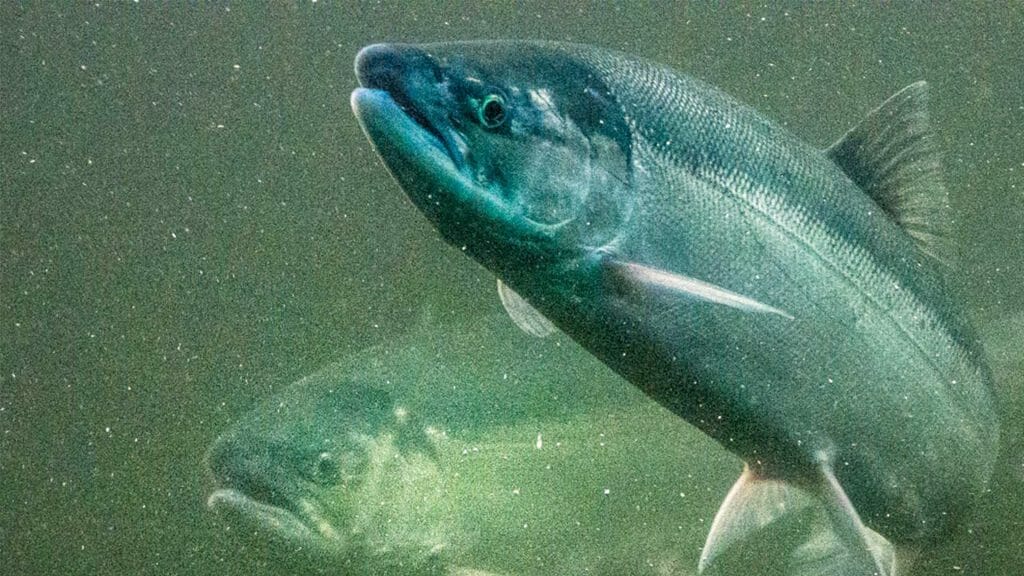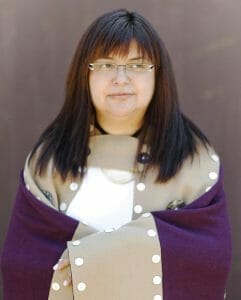Estimated Reading time

2 Mins
Heiltsuk Chief Councillor to Co-Chair Wild Salmon Advisory Council

Chief Councillor Marilyn Slett of Heiltsuk Nation has been appointed co-chair of a new Wild Salmon Advisory Council. The Council, announced by the BC government on June 15, is tasked with providing insights and guidance on how best to protect wild salmon and maximize its value.
“It is critical that we strengthen the connections between our communities, our environment, and our economy, for the future of wild salmon and the broader environment they depend on,” says Slett.

The Wild Salmon Advisory Council will consist of 14 British Columbians who have a broad understanding of the role that salmon play within B.C.’s environment, for coastal and inland Indigenous communities, and local economies up and down the coast.
The council is expected to provide advice on a broad range of policy issues affecting wild salmon that will help inform both the work of the Wild Salmon Secretariat and provide guidance and advice to the Province.
The Advisory Council will be supported by a Wild Salmon Secretariat which will contract support from Coastal First Nations. The Secretariat will provide logistical support for the Wild Salmon Advisory Council, and are tasked with the hands-on work of developing and writing an options paper on a made-in-B.C. wild salmon strategy.
The paper will be released in March 2019 and is collaborative effort will draw upon a wealth of traditional knowledge from First Nations throughout the coast and involve broad consultation with communities that are heavily dependent on these important fisheries.
“Coastal First Nations support the re-emergence of a conservation-based economy, while taking into account the cultural and ecological diversity of our territories, and the responsibility to maintain and protect the lands, water and resources within them,” says Slett. “I look forward to discussing solutions, like ecosystem-based management that our First Nations have championed.”
The options paper produced by the Wild Salmon Secretariat will used by the government, along with the advice and guidance of the Wild Salmon Advisory Council to develop proposals for a while salmon strategy. Those recommendations will be submitted s in fall 2018 to the legislative assembly’s Select Standing Committee on Agriculture, Fish, and Food.
Those recommendations will support a public consultation process to examine the health, habitat, and management of wild salmon and the sustainability of the wild salmon industry in British Columbia. The process will inform the development a wild salmon strategy for B.C.
More information about the Wild Salmon Advisory Council can be found here and information on the role Coastal First Nations will play can be found here.
